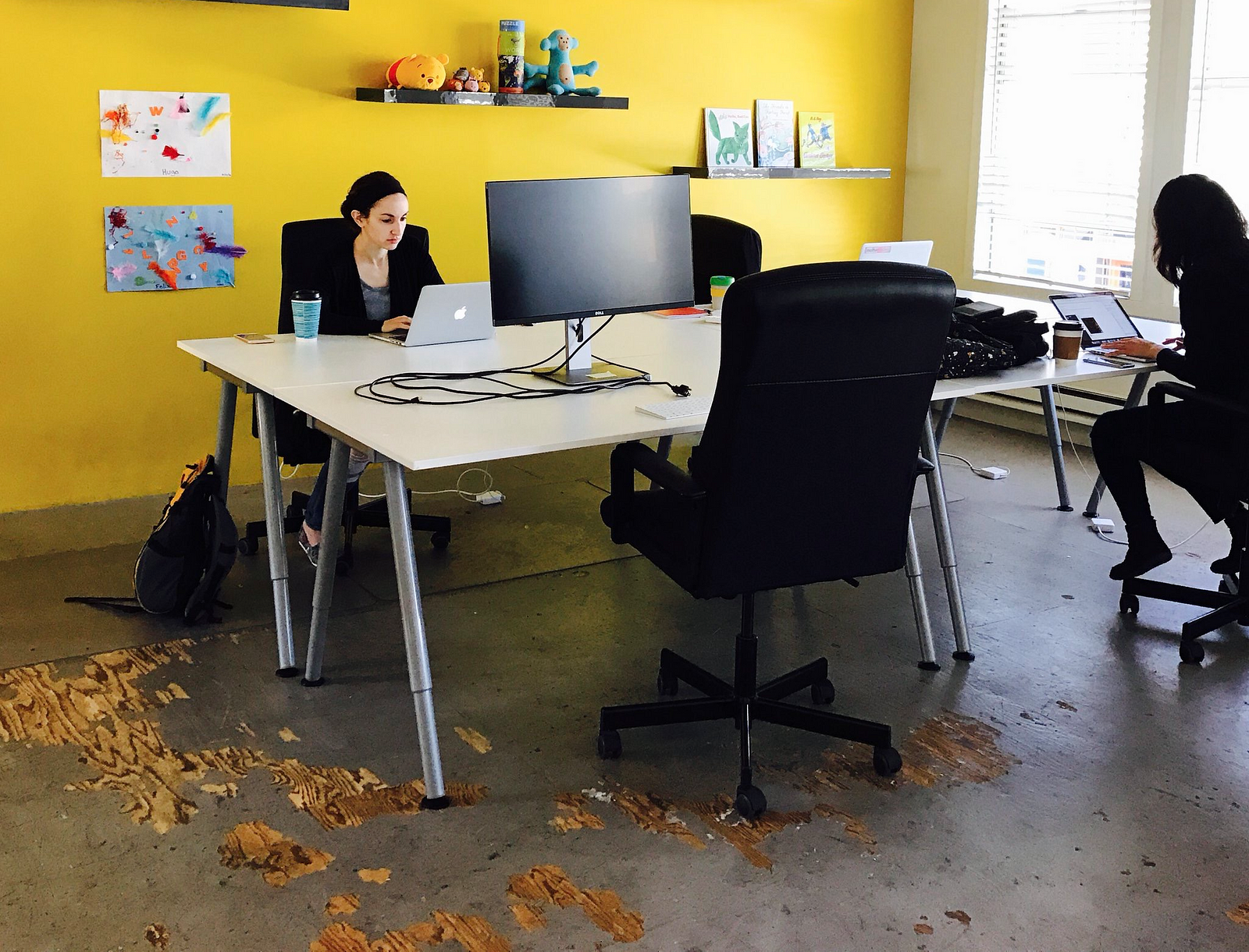One year ago I quit my job to start Winnie, an app that connects parents with the local information they need most. At the time, my baby was just a few months old. Having a baby and a startup is hard enough, but a few months after starting Winnie, my husband was diagnosed with an aggressive form of cancer and required extensive treatment. I went from having no time to having negative time. Many people told me I had no business starting a company and raising over $2M given my circumstances. Here are 5 things I did that bought me time and made it all possible.
1. Just say no to grabbing coffee
During my husband’s multi-month cancer treatment, I declined every invitation for coffee, drinks, and networking of any form. Most of these invitations came from VCs who were trying to get information about what I was working on or the parenting space in general.
Remember, it’s a VC’s job to meet lots of people and learn about what everyone’s working on so they know what investments to make, but it’s a founder’s job to build their business.
If you’re not raising money you will accomplish very little for your business by meeting with VCs and networking. Building your product and finding product market fit is going to yield much higher dividends for your company than networking.
Feel bad about saying no? That was a huge problem for me. I felt a tremendous amount of guilt declining an invitation, especially since many VCs were extremely persistent. I ultimately figured out how to decline in a polite way that still kept the connection alive. I would say “Hey, during these next couple months it will be very tough for me to meet in person, but I’d love to still help how I can. Can I help with anything over email and we can go from there?”
It turns out this was a great way to get to the point with people. Most people admitted they didn’t have anything pressing to discuss though some would respond with specific questions. One person let me know he was just interested in participating in our round whenever we raised money. We ended up contacting him when we did raise money and he did participate.

2. Prepare your tasks
I spent time every week figuring out what I needed to accomplish and breaking that work into smaller, bite sized chunks. I had tiny projects that could be completed in a free 15 minutes, larger projects that would require a few hours, and all kinds of stuff in between. This was all waiting for me in priority order.
This way, if I had a few minutes to kill while my husband was waiting for an appointment or a couple hours while my daughter was napping, I didn’t need to waste any of that precious time figuring out what to work on. I got right to work on one of the tasks I had already prepared. This requires upfront planning but doesn’t take very long and it means you only do the planning work once and you have tasks for the whole week. Use Asana or Google Doc for this!
Working From Chemo Infusion Center pic.twitter.com/qeipSPdx1r
— Sara Mauskopf (@sm) June 30, 2016
3. Don’t go it alone
One exception to my no coffee meeting rule was recruiting. I spent any time I had meeting and hiring awesome people. When you have a world-class team of people you are able to accomplish a lot more than you can accomplish on your own. It requires some work upfront but it pays dividends in the long run like nothing else.
As a founder, hiring is the best thing you can spend your time on.

4. Ask for actionable help
People are really bad at being helpful. Even when people ask to help you, they usually don’t follow through with it or do it in a way that is actually helpful. A lot of people would ask me how they could help me with Winnie and I’d say things like “I’d love your feedback on the app!” and I’d hear back… nothing.
It turns out “give me feedback” isn’t actionable enough for most people. Now when someone asks me how they can help I will give them something very specific to do: “Download Winnie at winnie.com/ios and write a review of your favorite playground”.
When someone completes this task then they naturally also have feedback for me on what worked well or what could be better about the product.
5. Force yourself to do things imperfectly
To give a very practical example, I have given myself an hour to write this post before I’m on childcare duty. I can publish the post after that hour or I can spend more time later polishing it and making it perfect. I’m forcing myself to publish the piece before the hour is up even though it probably has some typos and maybe could be written more concisely.
The extra couple hours I could spend polishing it won’t make a massive difference in the number of people who read and benefit from this post. Perfectionism is a tough habit to break so you have to set time limits and force yourself to just put things out there even if they aren’t 100% perfect.

by Sara Mauskopf

